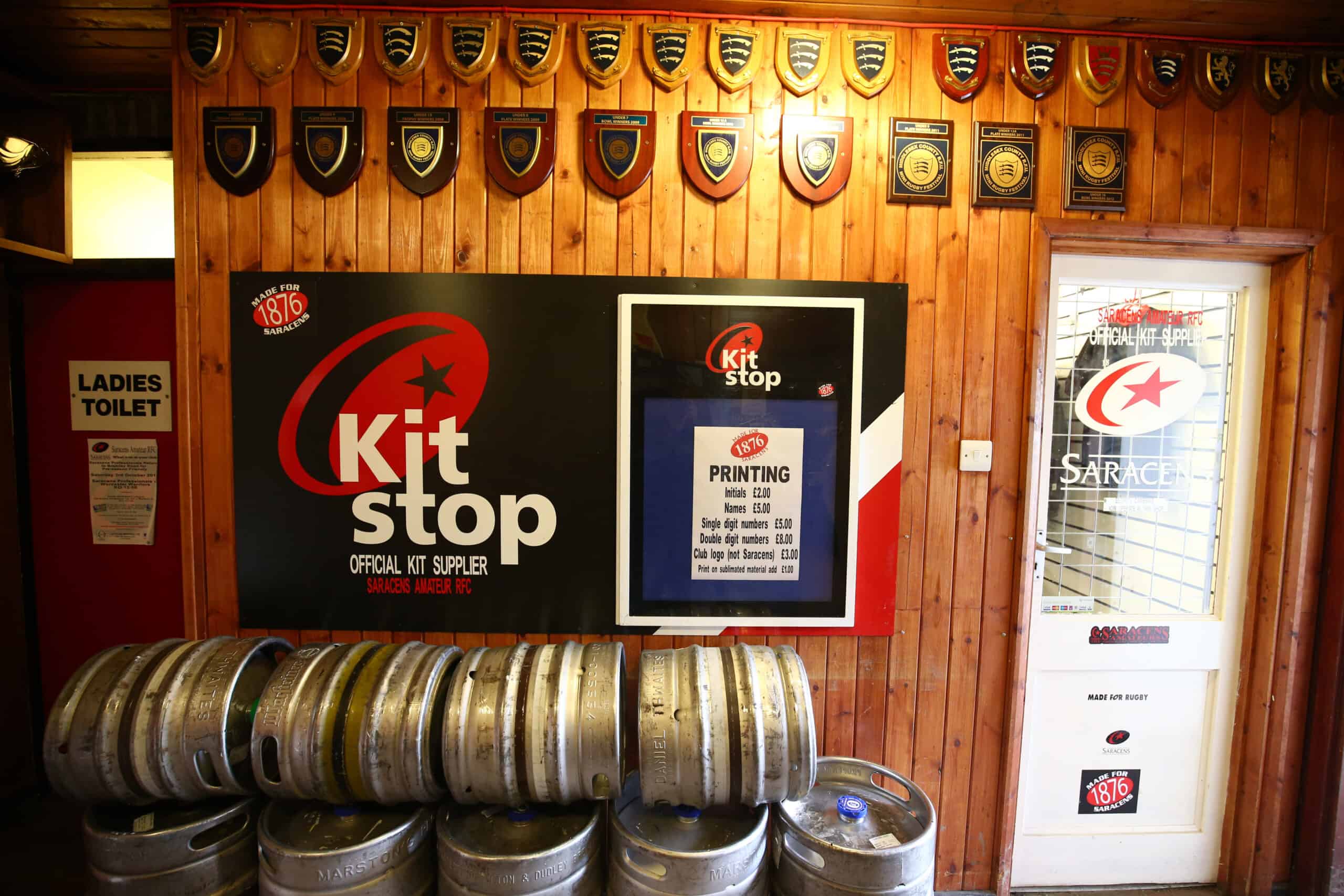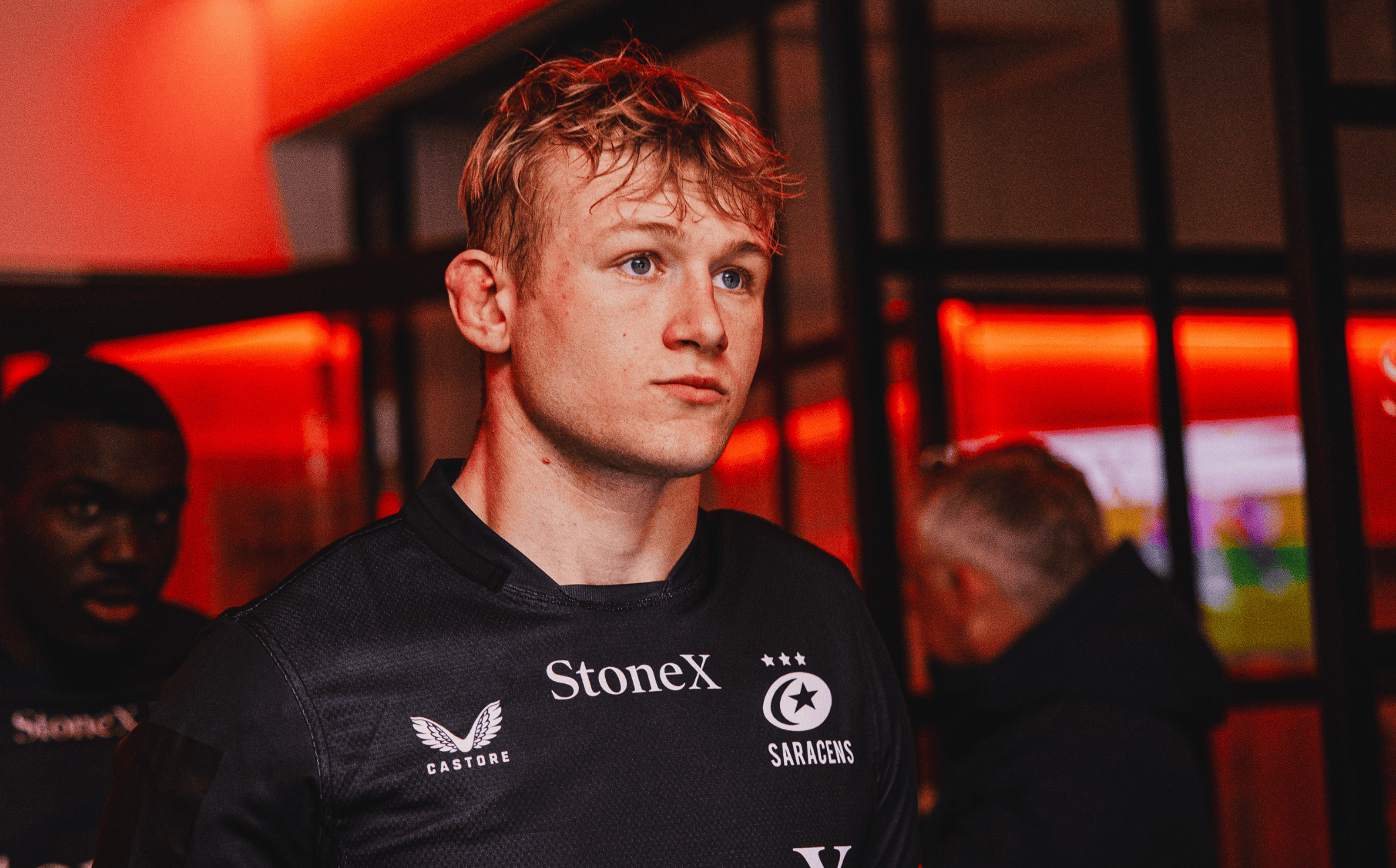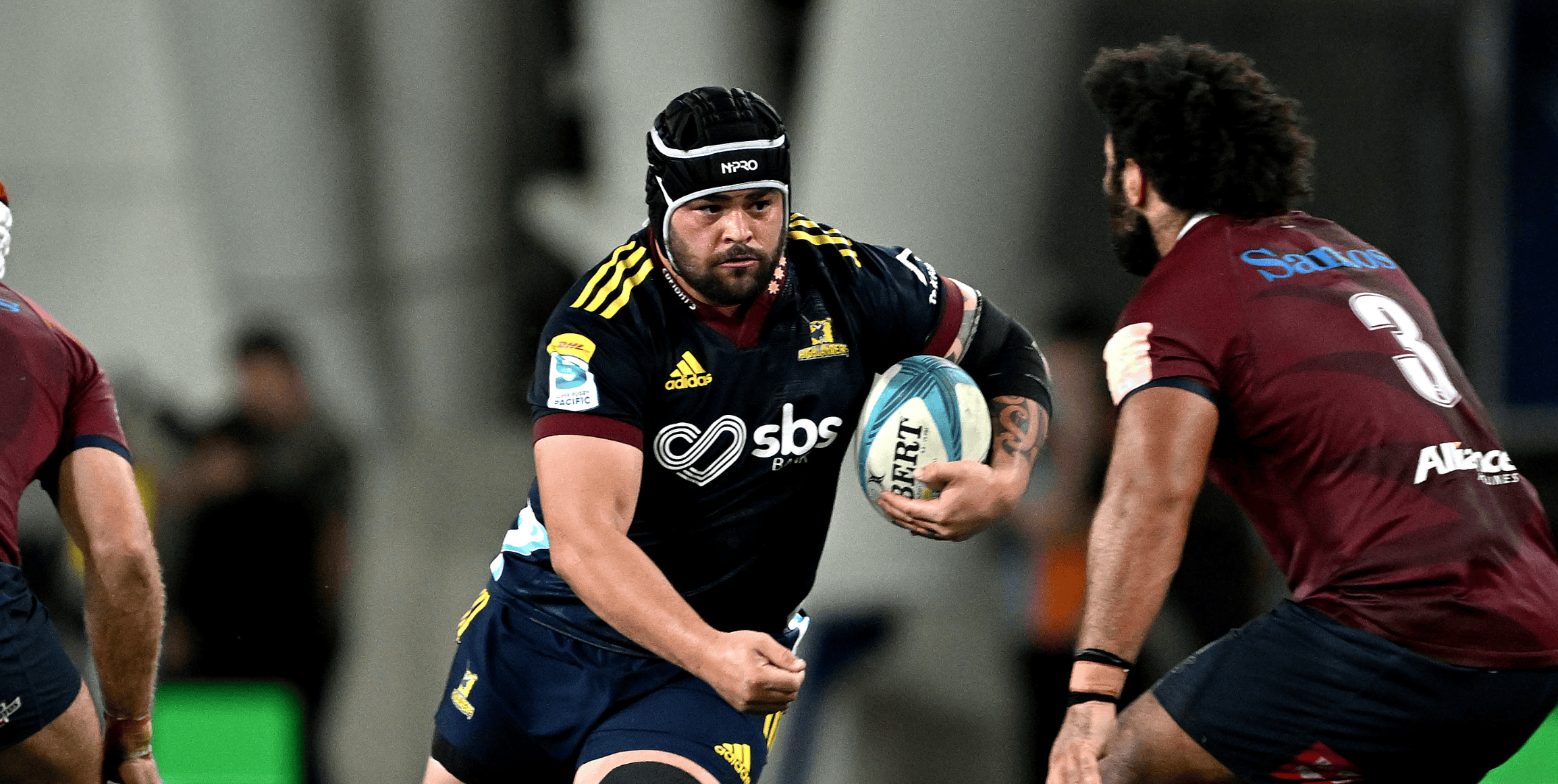35 Years of Saracens Women | Formation and the 1990s


35 years ago, a group of pioneers decided they wanted to start up a performance women’s team for players in North and East London.
They decided that Saracens would be the best place to do this and approached the club, only to have their letter thrown immediately in the bin by the club secretary.
But, thanks to a conversation between Maria Anderson, one of the founding members, and then work colleague and Saracens Committee Member John Heggerdon, the committee eventually discussed the proposal and allowed a women’s team to be started, with three conditions having to be met.
Players had to agree to run the club shop, work in the burger vans on men’s matchdays and work as waitresses at the Vice Presidents lunches if they wanted to start a women’s team at Saracens.
“At the time, we were so enthusiastic and desperate to get the team running. The prime motivation was that there were senior internationals playing at Wasps and Richmond but not living in those areas,” explained founding member and Welsh international Amanda Bennett.
“The way it developed was because a couple of people on the committee could see the future and the added value. That came from greater membership, sales on days when the club would have otherwise been closed or quiet and some reputational benefits in terms of that bling factor of having internationals playing at the club.”
The likes of Emma Mitchell and Liza Burgess were amongst the group of internationals who helped set up the women’s side at Saracens and, in their first season, the side won the national 7s competition, losing in the semi-final of the national cup to rivals Richmond. As Bennett explained though, the side felt that they should have made the cup final that season too, if not for the conduct of the referee, which is still scarcely believable.
“We had the semi-final at Bramley Road against Richmond, and it was a fierce rivalry. It may have been a national semi-final, but our referee decided to have two pints before the game, was a good four or five stone overweight and couldn’t keep up with the play! They knocked it on and then kept running but he didn’t see it and they scored. We felt we were robbed, but we got the 7s title.”
In the early years, the women’s side was very much a ‘club within a club’ as the men’s side tried to keep up with the professionalisation of the game.
“It was our performances on the pitch that helped the club see the benefit of having a women’s team. The men’s team had turned professional in 1996 but they were still seen as a pie and a pint club compared to the likes of Harlequins. Things were still moving towards that professional side of things but from our side, we were racking up victories and internationals in the squad, as well as playing really good rugby for the time. We were very respectful of the club as well. It was advocacy, the performances and the fact we continued to work in the burger bars and clean the changing rooms that meant the club saw the benefit of having a women’s section.”
Sarries have since won 15 league titles, but the first came in 1993, as part of a historic treble. They were the first side to ever complete the incredible feat and national recognition of the achievement soon followed.
“No club had ever done that before, so it was massive,” Bennett explains. “I was injured sadly and had had to take two seasons out from playing, so it was agreed that I would coach, and we secured the treble in my second season coaching. We were acknowledged as well for the achievement which was massive. We ended up coming second in The Sunday Times Sports Women of the Year Award as Team of the Year. We ended up all going to a lunch as one of the nominees and whilst we didn’t win, it was fantastic to just be acknowledged. That was a real line in the sand for the club too in terms of our potential.”
It was this moment that meant the club saw the potential of having a women’s side. From there, league titles followed in 1994, 1996, 1998 and 1999 to close out the millennium, with Bennett expressing her pride at being part of a group of true pioneers of the game.
“We were getting all of this traction, and it shined a really positive light on Saracens as a whole. We were pioneers in terms of setting up a third club in London and pioneered in terms of our on-pitch success and number of internationals we had. We’ve been chipping away at history at a fairly solid rate over the last 35 years but that first treble was big because we were the first to do it!”
























